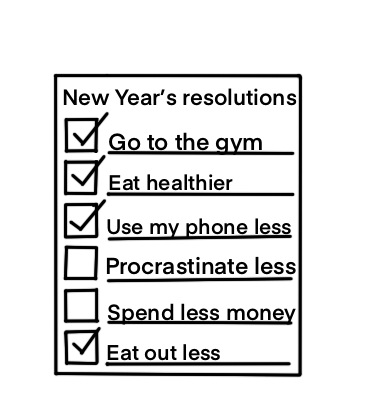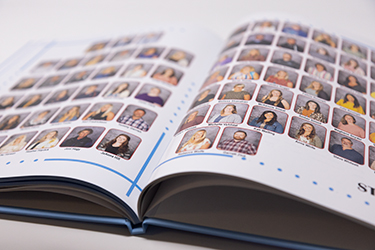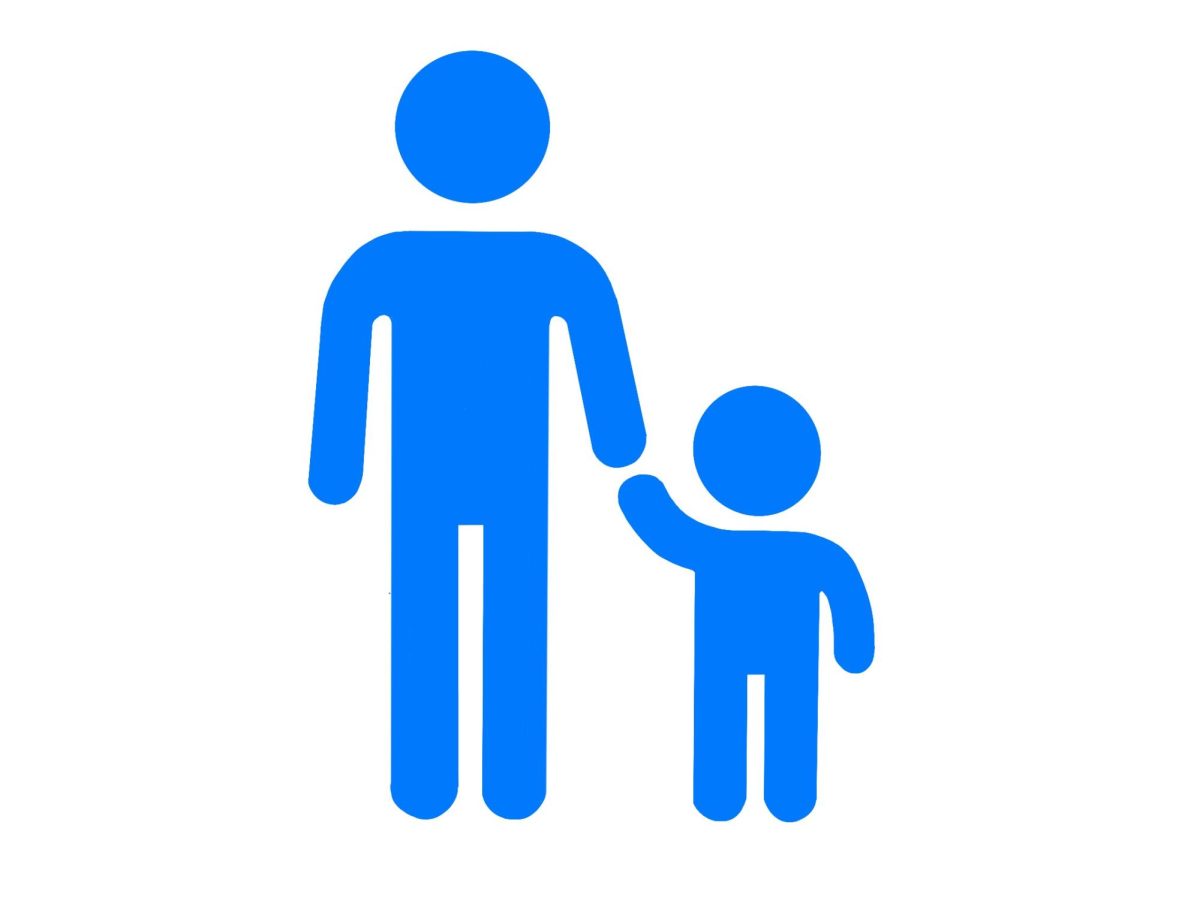As the year ends and a new one begins, many form New Year’s resolutions: goals to achieve by the end of the year. This practice helps many name what they want to reach.
The only problem is that many do not know they should plan — New year’s resolutions will only come true if you plan and work towards them. Janene Rich, a French and Math teacher at FHS explains how to do so for resolutions related to grades.
“If students want to succeed, it’s better to focus their goals on how [they] can be a better student,” Rich said. “Make a goal out of that and the grade will follow.”
Rich shows that after defining a goal, students need to understand what they need to do to reach it. Then, continue to break those items down into smaller tasks that can be done in one sitting. Once this is done, the individual has to plan for when they will complete these tasks, then actually do it. There are two mains reasons many fail to reach their New Year’s resolutions:
The first is making unreasonable resolutions: It is important that every step of this process is realistic: If a student failed a class during the first semester, and their goal is to improve their grades, getting an “A” during the second semester would be unrealistic. It will make the daily tasks such as doing homework, or studying last longer. The tasks will consume more free time–possibly resulting in procrastinating, then completely skipping them.
The other is not following the entire process. When unprepared, students will not know what to work on, so finding out becomes an additional burden.
“So students say ‘this year I’m going to do all my homework,’” Rich said. “But they don’t have a plan to make sure it happens. They’ll be on it for a few weeks, and then they’ll slip up because they don’t have a plan to get them back on track.”
Since most students stop before reaching their New Year’s resolution, many don’t believe they work. FHS sophomore Amina Ranjit works towards her goals throughout the year, rather than making New Year’s resolutions.
“I think that if you really want to do something, you should be able to start it whenever,” Ranjit said. “[Don’t] wait until New Year’s.”
Most like Ranjit reflect on progress without the help of a new year reminding them what they want. They may change their end goal or come up with new goals once the previous are reached over time. This means the label “New Year’s resolutions” is no longer fitting, which is why those who are actively working on their New Year’s resolutions often stop viewing them as such. This gives New Year’s resolutions a bad reputation, as those who do work towards them start calling them goals.
But New Year’s resolutions do work: they help people define their goals, which initiates the process of reaching them — and eventually, reflecting throughout the year. After the goals are defined, it is up to the individual to follow through.















